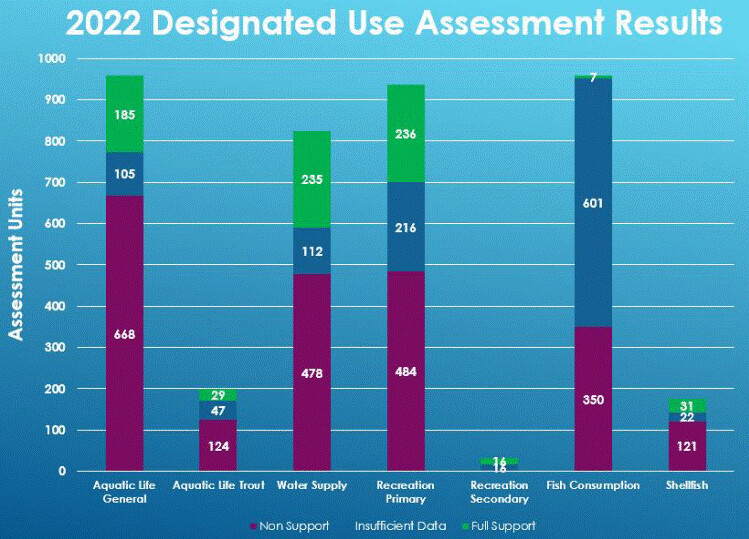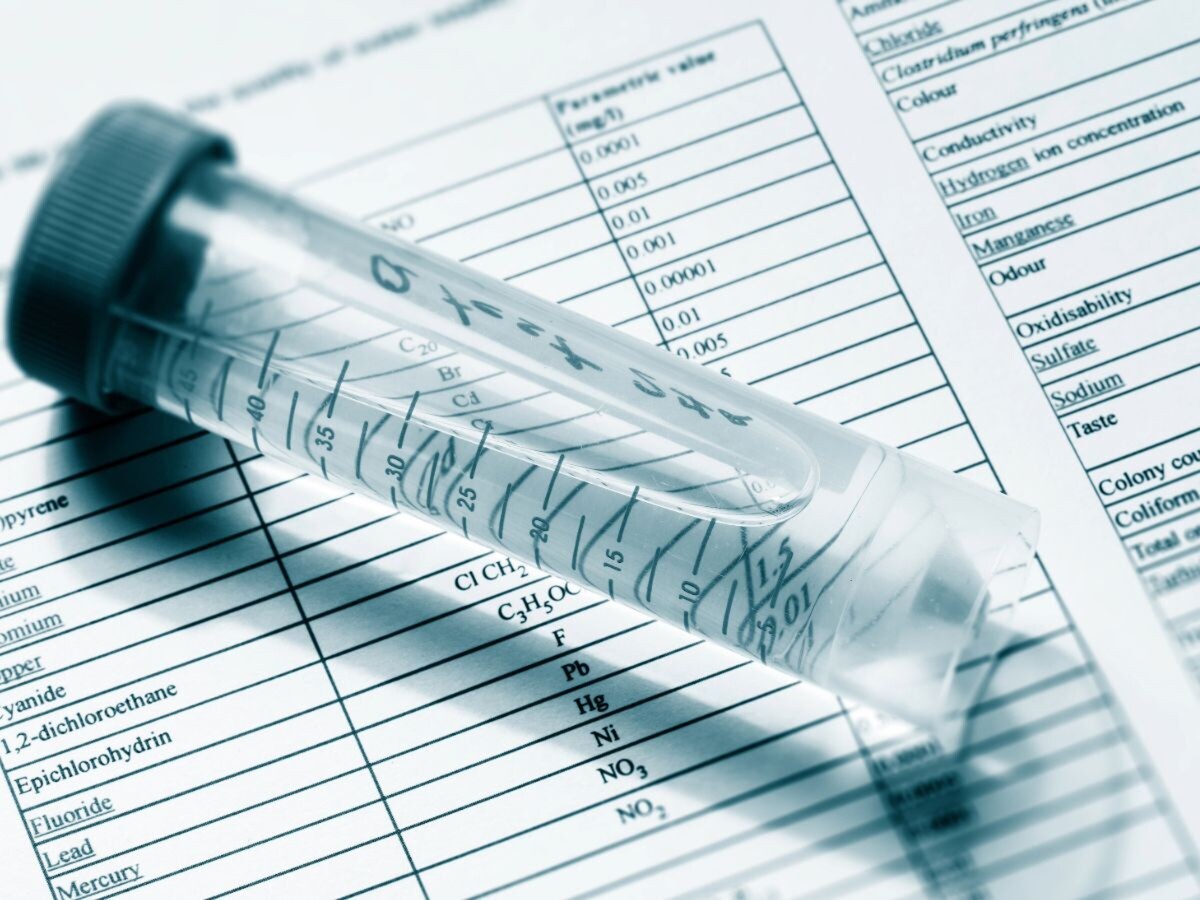New Jersey DEP Seeks Public Input on 2022 Water Quality Report Highlighting Environmental Progress and Challenges
Draft Integrated Water Quality Assessment Report Reveals Trends and Targets Future Efforts
TRENTON, NJ – The New Jersey Department of Environmental Protection (DEP) has released its draft Integrated Water Quality Assessment Report for 2022, inviting public commentary on the findings and proposed strategies for managing the state's water resources. This comprehensive report reveals both improvements and ongoing challenges in water quality across New Jersey, underscoring the DEP's commitment to preserving the state's aquatic environments.

The report, accessible through the DEP's dedicated web page, provides an exhaustive overview of water quality across approximately 1,000 watersheds, analyzing data over a 35-year period. It indicates a positive trend in the reduction of total phosphorus and nitrogen levels, attributed to enhanced wastewater treatment protocols and robust pollution control measures. However, it also highlights increasing concentrations of nitrate, total dissolved solids (TDS), and chloride, pointing to complex challenges in managing nonpoint source pollution and urban runoff, including the widespread application of road salt.
Focusing on the Northeast Water Region, which includes parts of Hudson, Bergen, Essex, Sussex, and Morris counties, the 2022 assessment particularly notes the rising impairment from TDS and chloride. This suggests a need for targeted strategies to address urban and agricultural runoff, a significant concern given the region's dense population and industrial activity.
The DEP encourages public engagement in this process, opening a 30-day comment period for the 303(d) List of Impaired Waters included in the report. Stakeholders are urged to review the findings and contribute their insights via email to NJIntegratedReport@dep.nj.gov or through traditional mail. This participatory approach is intended to refine the report's recommendations and foster a collaborative effort towards water quality management.
In addition to regulatory measures, the DEP outlines a multi-faceted strategy encompassing pollution budgets, watershed restoration plans, stormwater regulation, land use management, community education, and financial assistance for infrastructure improvements. These actions are designed to not only address current impairments but also to safeguard against future pollution, aligning with New Jersey's broader environmental preservation goals.
With its extensive analysis, interactive maps, and accessible data, the Integrated Water Quality Assessment Report serves as a vital tool for understanding the state of New Jersey's waters. It reflects a dynamic balance of regulatory oversight and community involvement, aiming to ensure that the state's rivers, streams, lakes, and coastal waters remain clean and vibrant for generations to come.
As New Jersey continues to navigate the complexities of water quality management, the DEP's proactive stance and open call for public input highlight a progressive path toward environmental stewardship and sustainable development. Residents, stakeholders, and interested parties are encouraged to engage with the report and contribute to the ongoing dialogue on preserving New Jersey's precious water resources.















